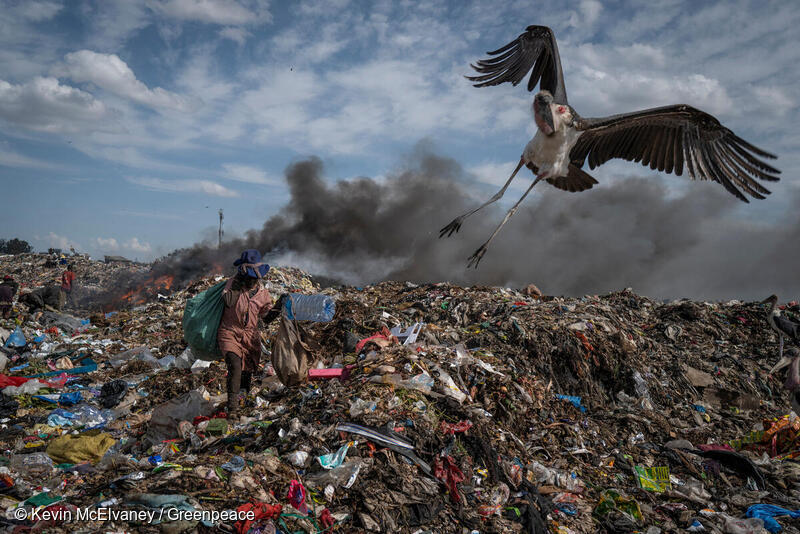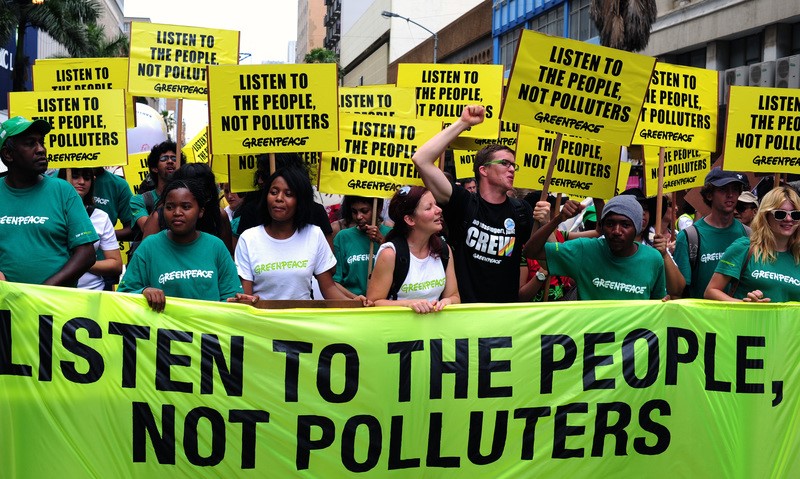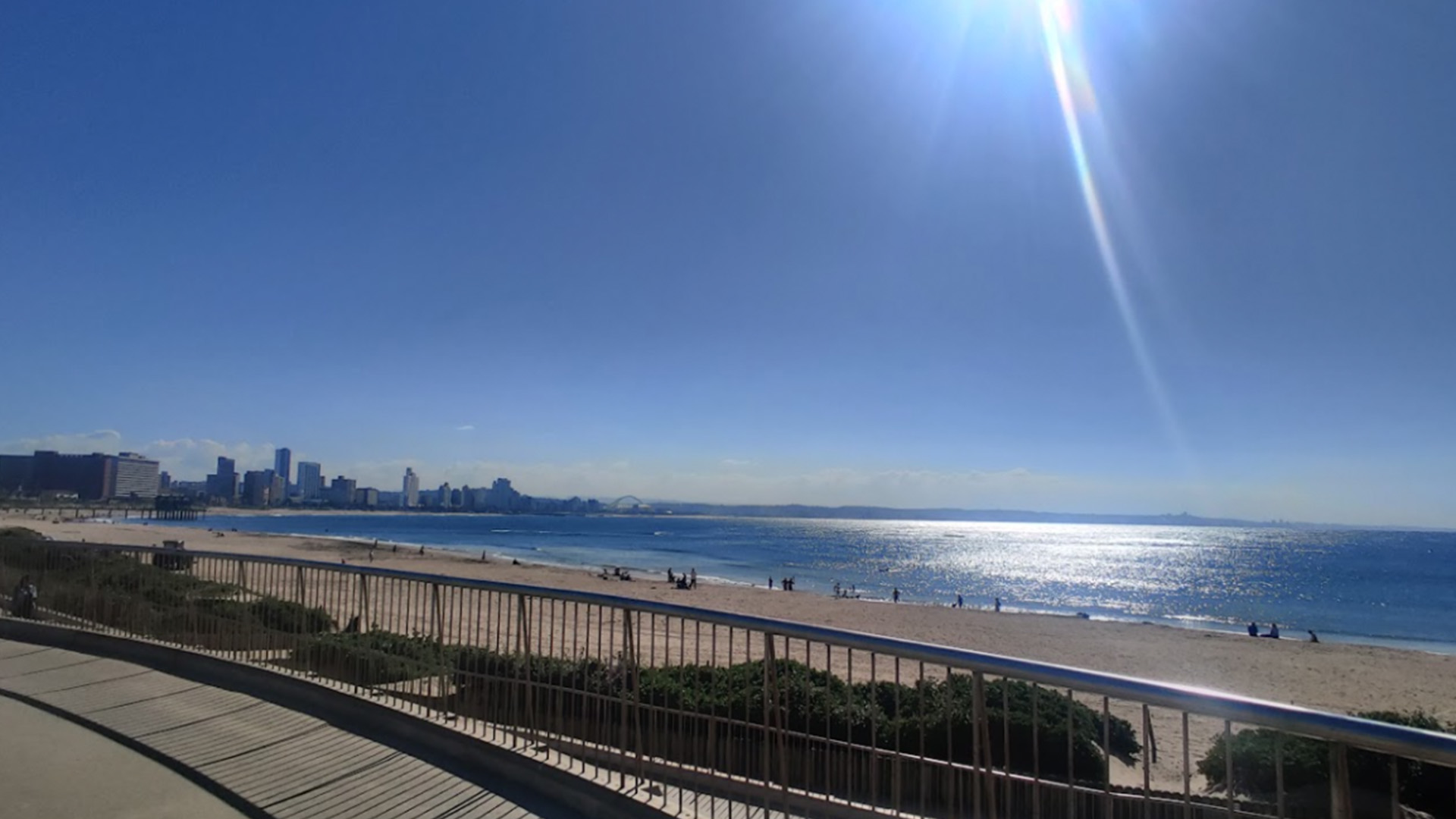South Africa, Johannesburg, 8 October 2018 – Experts from around the world gathered in Korea from 1 – 8 October 2018, to deliberate on the International Panel on Climate Change (IPCC) Special Report on the impacts of Global Warming of 1.5°C.
Leading climate scientists are sending a clear message from Korea: the global community must, and can still, achieve the Paris climate goal of limiting global warming to 1.5°C, and avoid the most dangerous impacts of climate change by taking bold and urgent action. Current global emissions levels need to be halved by 2030.
At the moment the global community is still on track to double emissions by 2030 and head for well above 3°C. To meet 1.5°C, the use of fossil fuels such as coal, oil and gas need to be radically reduced until 2030: coal by 67%, oil by 50% and gas by 33%. Even developing countries need to increase their ambitions before 2020. An urgent transformation in the energy sector to 100% renewable energy is key, but not enough. We must also protect and restore our forests, defend our oceans and transform our agriculture away from industrial livestock production.
“As one of the most impacted countries by climate change, South Africans must have a pronounced interest in meeting the Paris goal of limiting global warming to 1.5°C. For this country it is a question of survival, as climate change hits it double as hard than average. It’s now time for the South African government to revive its climate protection ambition and finalise the country’s electricity plan. There is absolutely no place for new coal and we need to speed up with decommissioning current coal-fired power stations to protect South Africans against catastrophic impacts of climate change’, says Happy Khambule, Political Advisor at Greenpeace Africa.
The IPCC report makes it clear that the 1.5°C goal should be a global imperative from now on. A goal of 2°C is much more dangerous as thought when Paris deal was signed. The human rights impacts of climate change in a world not aligned with the 1.5°C target are now foreseeable, and governments have the obligation to align their laws, plans and policies with the latest IPCC science. All planetary alarms are already on red, with “just” 1°C of warming above pre-industrial levels: both poles are melting at an incredible rate, temperature records are being broken around the world, apocalyptic wildfires are raging on scales not seen before, and South Africa recently faced one of the most serious droughts and water crisis in its history. Even 1.5°C could result in irreversible dynamics such as a destabilising Greenland and Antarctic ice shields, the destruction of 90% of warm water corals, severe problems for marine life, the Arctic and vulnerable populations.
Greenpeace Africa believes this report will help policymakers better understand the changes we are seeing in order to act to protect South Africans from the human rights impacts on lives and livelihoods that may occur with climate change.
For media interviews, contact Greenpeace Africa Political Advisor, Happy Khambule on +27 064 753 3442



